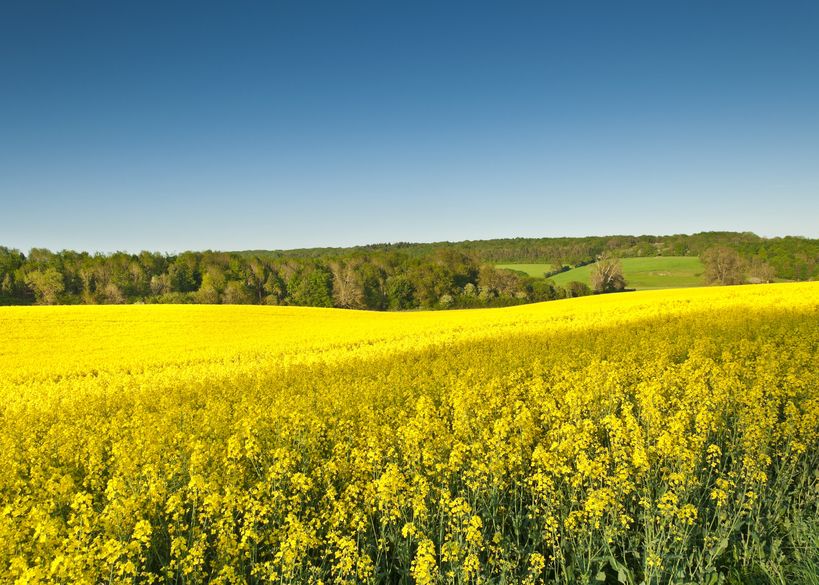
The Voluntary Code of Practice for testing for erucic acid in certified seed of oilseed rape has been reissued as the industry prepares for more stringent standards.
The long-expected reduction in the limit for erucic acid in vegetable oil from 5% to 2% is working its way through the legislative process.
It is expected to be implemented well before harvest 2020, so action is needed now as planting begins again.
Formulated in 2018, the proposed Code states that all testing of seed and seed lots undertaken at any stage prior to delivery of certified seed onto farm should be undertaken using the Gas Chromatography test (GC) – which can be accurate down to 0.1%.
Results from a GC test should be available on request. Companies may determine the route by which this is achieved.
Both the Agricultural Industries Confederation (AIC) and British Society of Plant Breeders (BSPB) are encouraging their members to consider participating to provide reassurance to both farmer customers and the wider oilseed chain that certified seed provides assurance that seed is fit for purpose.
Chris Guest, Chairman of the AIC Seeds Committee says: “This Code of Practice is just one of the ways in which the certified seed industry is supporting growers, through its professionalism and commitment to delivering a quality product.
“The AHDB’s ‘Guidelines to minimise the risk of erucic acid in double-low oilseed rape’ state that farm-saved seed is associated with higher risks of elevated erucic acid levels, and erucic acid tests should be conducted on all seed sources before drilling.”
He added: “The risk factors identified in the AHDB report, particularly the challenges volunteers pose to erucic acid levels shows there has never been a better time to reduce your risk by choosing certified seed.”
